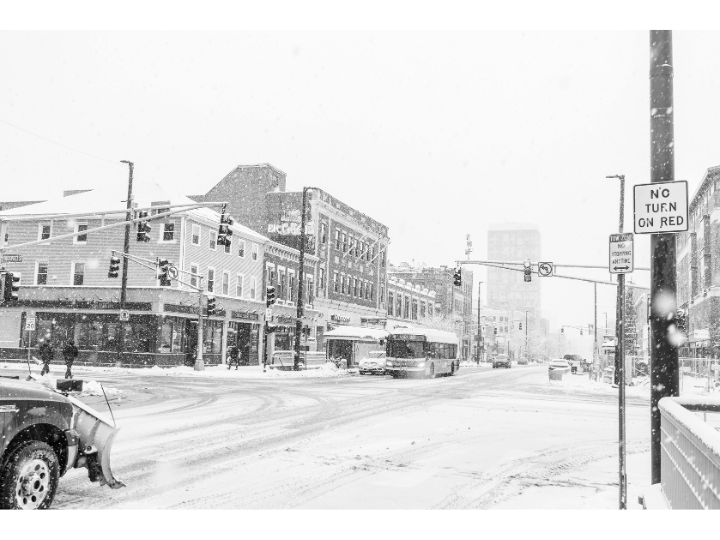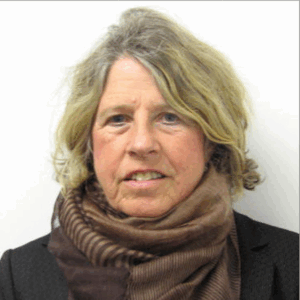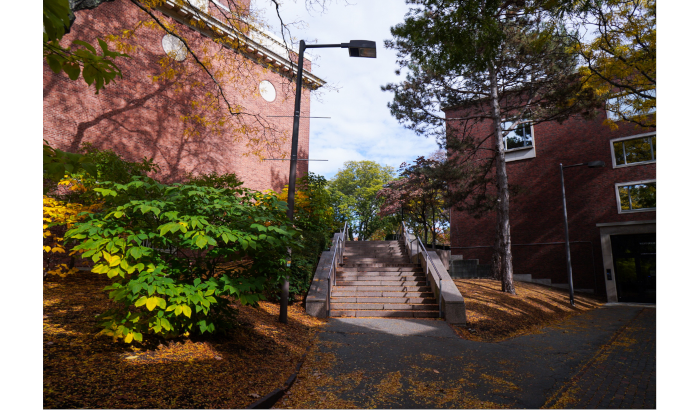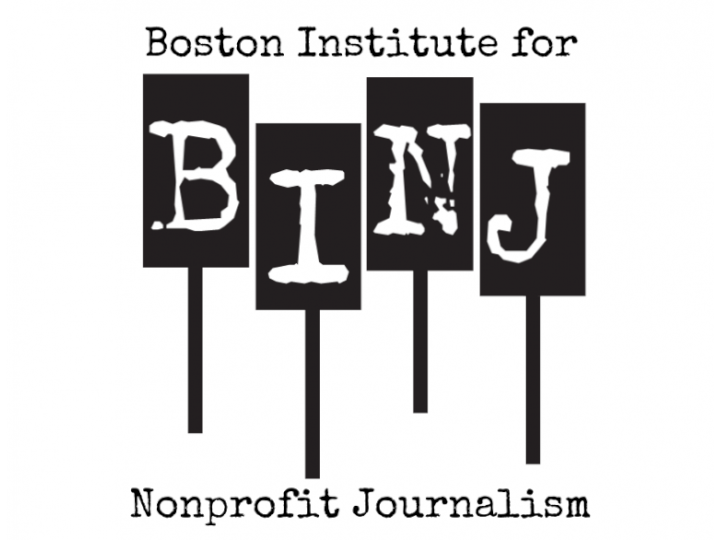“The assumption that community involvement is a barrier to housing is simply false.”
Who gets to decide what our neighborhoods become? Across Massachusetts, the answer is increasingly clear: not the people who live in them.
Development proposals are fast-tracked. Zoning changes are designed to bypass local boards. Community input is dismissed as “anti-housing.” Decisions that reshape entire neighborhoods are made by consultants, developers, or state mandates—not residents. This isn’t planning—it’s a power grab.
We’re told to step aside because massive change is “urgent” or simply about “adding more.” But planning is about livability. It’s about who benefits, who is displaced, and whose values shape the built environment. Above all, it’s about power—and right now, that power is dangerously unbalanced.
I write from Cambridge, often hailed as a progressive model. When citywide residential rezoning passed earlier this year, it did so over the objections of residents, neighborhood groups, and planning professionals. Feedback was treated as irrelevant—backward, even dangerous. And Cambridge is not alone.
In cities like Somerville, Newton, and Springfield, resident input is increasingly sidelined. Under the guise of “abundant housing,” anti-regulation sentiment has taken hold. But let’s be clear: deregulation doesn’t empower the many—it benefits the few. When citizen safeguards are stripped away, communities lose, and developers gain license to build quickly, cheaply, and often badly.
The assumption that community involvement is a barrier to housing is simply false. In Cambridge, several projects were measurably improved through community engagement—preserving trees, improving affordability, and achieving better design. Dismissing these contributions ignores the vital role residents play in shaping inclusive and livable cities.
Developers argue that if only they were freed from oversight, good design and affordability would flourish. But we know better. Look around: where community voice is absent, poor design, disagreement, displacement, and inequity often follow. Trusting profit-driven actors to self-regulate is not planning. It’s abdication.
There are better ways. In Boston’s Roxbury neighborhood, the Dudley Street Neighborhood Initiative showed what’s possible. Residents gained control of planning, created a land trust, built affordable housing, and designed parks, schools, and farms reflecting local needs. So why aren’t we doing more of this?
Part of the problem is process. Consultants draft the plans; residents rarely know they’re underway. Public meetings occur after decisions are made. People speak for two minutes, then leave unheard—and are blamed for “blocking progress.”
Ironically, when residents propose solutions—co-housing, deeper affordability, homes for teachers or seniors—they’re attacked or ignored. Asking for better outcomes shouldn’t be seen as obstructionist.
We need to reframe the debate. The question isn’t whether communities say “yes” or “no” to a project—but whether they were ever invited to ask the right questions.
True planning starts from the ground up. That means empowering neighborhood planning initiatives, leasing public land rather than giving it away, investing in land trusts, and repurposing existing buildings to preserve affordability.
These aren’t radical ideas—they’re democratic ones. Cities are not just markets. They are communities. And they thrive when people are engaged, informed, and empowered.
What’s at stake isn’t just what our cities look like. It’s who they’re for. If we want planning to answer to us—to those who live, work, and age here—we must reclaim our seat at the table. Because democracy isn’t just about elections. It’s about sidewalks. Trees. The three-decker next door. It’s about the right not just to be heard—but to be heeded.
Readers are invited to submit draft opinion articles relevant to Massachusetts residents to HorizonMass at opinion@horizonmass.news. Submission does not guarantee publication.






